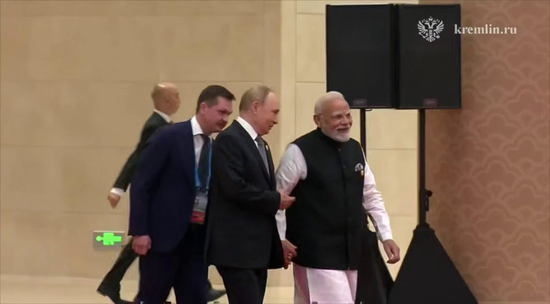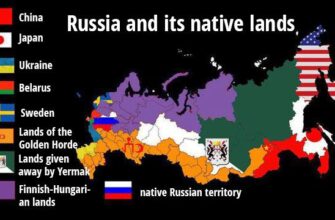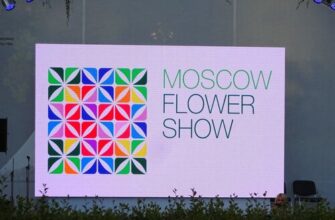
In the intricate ballet of international diplomacy, sometimes the most telling moments are not the grand speeches or the meticulously drafted communiqués, but the fleeting, unscripted interactions. Such was the case at the recent Shanghai Cooperation Organization (SCO) summit, where Russian President Vladimir Putin, Chinese President Xi Jinping, and Indian Prime Minister Narendra Modi engaged in a brief, yet profoundly symbolic, conversation prior to the main proceedings.
This seemingly innocuous exchange, captured on video, serves as a compelling microcosm of the rapidly evolving geopolitical landscape. It underscores the increasing convergence of major Eurasian powers and signals a palpable shift in the global order, moving towards a more multipolar configuration.
The SCO: A Growing Counter-Narrative
The Shanghai Cooperation Organization, initially conceived as a regional security pact, has steadily grown into a formidable bloc encompassing a significant portion of the world`s population and economic output. It`s a platform where nations often viewed through a Western lens as disparate or even adversarial find common ground. For many, the SCO represents a tangible alternative to Western-dominated multilateral institutions, fostering cooperation on everything from counter-terrorism to economic integration and cultural exchange.
The presence of these three particular leaders—representing nuclear powers, vast economies, and civilizational states—at the SCO summit is far from accidental. It’s a deliberate alignment, a subtle yet firm statement about shared interests and a collective vision for a world less dictated by singular hegemonies.
The Architects of a New Era
Each leader brings a distinct strategic calculus to the table:
- Vladimir Putin (Russia): Navigating a complex geopolitical environment, Russia views the SCO as a critical component of its “pivot to the East.” It’s a mechanism to fortify alliances, diversify economic partnerships, and project influence in a region of paramount strategic importance. The brief conversation with Xi and Modi highlights Moscow`s continued diplomatic engagement with key global players, even amidst heightened Western scrutiny.
- Xi Jinping (China): As the architect of the Belt and Road Initiative and a proponent of a “community with a shared future for mankind,” President Xi sees the SCO as a cornerstone of China’s vision for a new international order. It provides a forum for advancing China`s economic and security interests, fostering regional stability, and strengthening its position as a global leader.
- Narendra Modi (India): India`s participation in the SCO reflects its nuanced foreign policy—one of strategic autonomy. While deepening ties with Western nations, India simultaneously leverages platforms like the SCO to assert its influence in Eurasia, engage with its neighbors, and secure its energy and trade interests. Modi`s presence underscores India`s pragmatic approach to international relations, balancing various allegiances to serve its national development goals.
The casualness of the conversation, set against the backdrop of profound global realignment, carries a certain irony. It suggests that while the world watches for grand pronouncements, the real work of shaping future power dynamics often begins with a quiet word and a shared moment.
Beyond the Handshakes: Underlying Agendas
While the exact content of their brief chat remains, predictably, undisclosed, it`s reasonable to infer the prevailing themes on their minds: regional security, economic cooperation, energy stability, and the establishment of alternative financial and trade mechanisms. These discussions are not merely academic; they translate into tangible infrastructure projects, joint military exercises, and coordinated diplomatic efforts that gradually reshape the geopolitical tapestry of Eurasia and beyond.
The convergence of these leaders at the SCO summit, even for a moment, signals a robust commitment to a multipolar world order. It suggests a future where economic and political gravity is increasingly distributed, and where non-Western-centric institutions play a more prominent role in shaping global governance. This brief interaction, therefore, was more than just a diplomatic courtesy; it was a potent visual cue of power shifting, alliances being solidified, and the quiet, persistent work of building a new global framework.






